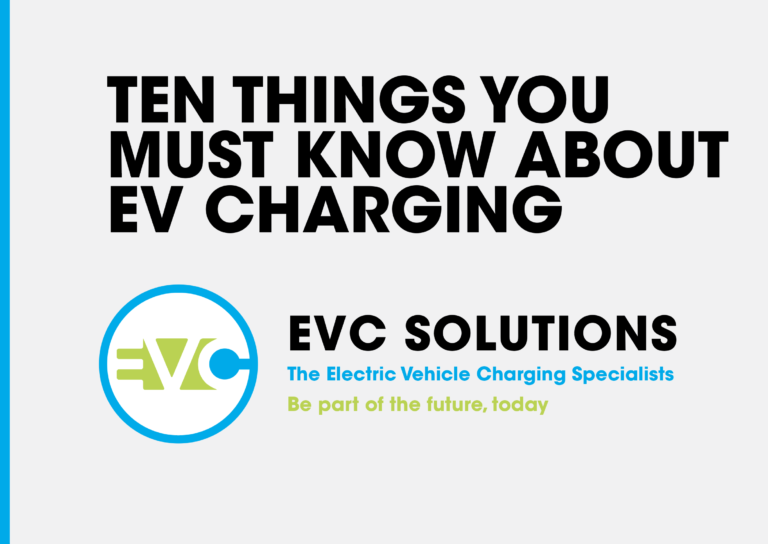It’s very exciting to know that lithium is actually quite abundant in the areas of Cornwall, historically important for tin and copper mining a hundred years or so ago.
There are two companies currently exploring the commercial opportunities in Cornwall. The Cornish Lithium Company and the British Lithium Company.
Both are now in the process of building out commercial refining plans, to gain better understanding of the economic feasibility and confirming the quality of extracted and refined material is exactly what is needed by the lithium-ion battery industry. This is of great interest to those of us within the electric vehicle (EV) industry.
It is difficult to predict exactly how much lithium may be mined in Cornwall over the next 10 years, as this will depend on a variety of factors including the size and quality of the lithium deposits, the cost and efficiency of extraction techniques, and the demand for lithium in various industries.
However, the Cornish Lithium Company and other industry experts have suggested that Cornwall has the potential to become a significant producer of lithium in the coming years. The company has identified several lithium deposits in the region, including in geothermal waters and underground brines, which it estimates could contain up to 20,000 tonnes of lithium per year.
In addition to the Cornish Lithium Company, other companies and institutions are also exploring the potential of lithium extraction in Cornwall, including Geothermal Engineering Ltd., which is working to develop geothermal energy resources in the region that could also yield lithium, and the University of Exeter, which is conducting research on the geological and chemical properties of the region's lithium deposits.
The UK government has also shown support for the development of a domestic lithium industry, providing funding for research and development projects and expressing a desire to secure a local supply of this critical mineral for the country's growing battery electric vehicle (BEV) industry and other renewable energy applications.
Overall, while it is difficult to predict exactly how much lithium will be mined in Cornwall over the next 10 years, there is significant interest and investment in the region's potential as a lithium producer, and it is likely that the amount of lithium extracted from the region will increase in the coming years as extraction techniques improve and demand for the mineral continues to grow.
If we look at how significant 20,000 tonnes of lithium might be, based on today’s battery technology, it is quite substantial.
So how many 70kW lithium ion batteries, which is a typical battery size in a BEV, can you make with 20,000 tonnes of lithium?
The amount of lithium required to produce a 70kW lithium-ion battery can vary depending on the specific battery chemistry and design. However, to give you a rough estimate, a typical lithium-ion battery contains around 4-5% lithium by weight.
Assuming an average lithium content of 4.5%, 20,000 tonnes of lithium would be equivalent to 444,444 tonnes of lithium-ion batteries (20,000 divided by 0.045).
To calculate the number of 70 kW lithium-ion batteries that can be made with this amount of lithium, we would need to know the weight of each battery. However, this can vary widely depending on the specific battery design and application. As a rough estimate, a typical electric vehicle battery can weigh between 300-500kg.
Using this estimate, and assuming an average weight of 400kg per battery, 20,000 tonnes of lithium would be enough to produce around 50 million 70kW lithium-ion batteries (444,444 tonnes divided by 0.4 tonnes per battery).
So, it’s certainly a really significant number and at those levels, it would enable several UK based ‘giga factories’ to source Lithium from inside the UK, making a really strong case for building batteries within the UK, from UK sourced Lithium and creating a strong supply chain rationale for keeping the manufacture of BEV’s inside the UK also.
I’m not making any case for investing in such ventures, merely highlighting an important future potential supply chain opportunity from within the UK, where we know good environmental practices and controls will be required to protect the environment, which we all want to see happen.
If you want to know more about EV Charge point installation for your commercial property, vehicle fleet, holiday homes, car parks, farms, or your home please
contact EVC Solutions – The Electric Vehicle Charging Specialists, and be part of the future today.
Nigel Ryan
Supplier and Business Partnering
EVC Solutions Ltd
At EVC we do business that won’t cost the earth.
Contact EVC Solutions on 03300 904030 or or hit the CHARGE ME UP button below.
Want to know more about EV Charging? Download ‘10 Things You Must Know About EV Charging’ here.

